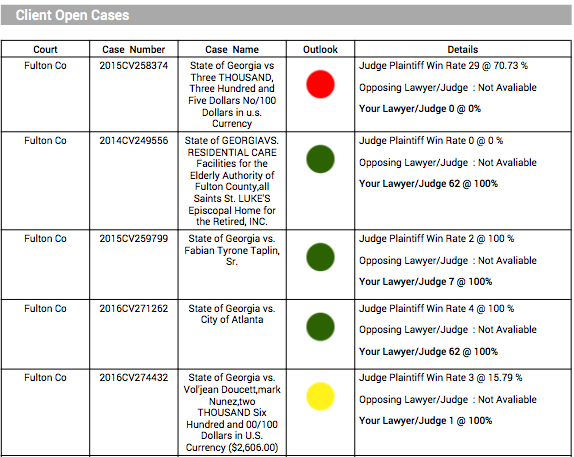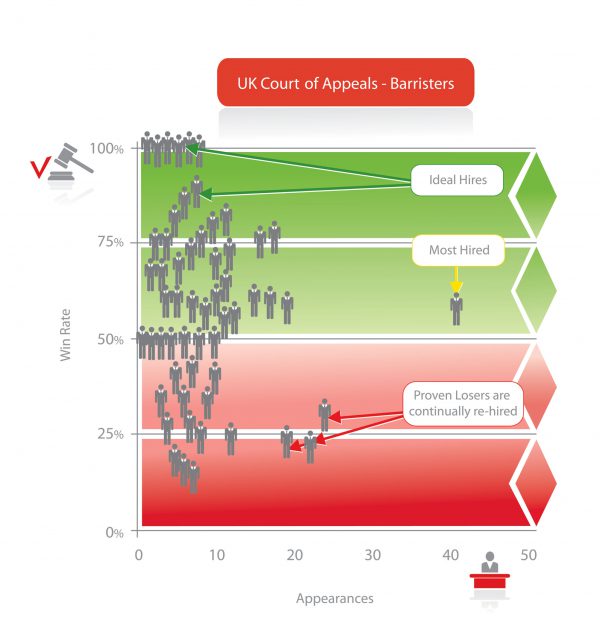Legal Futures round-up: 7/4/16
Legal Futures round-up: 7/4/16

Written by EMILY ALDERSON
Inspired by the CBA Legal Futures report on Transforming the Delivery of Legal Services in Canada, here’s our biweekly round-up of noteworthy developments, opinions and news in the legal futures space as a means of furthering discussion about our changing legal marketplace.
The Brexit vote has UK lawyers in overdrive, with several firms setting up 24-hour phone lines to deal with client inquiries. The full legal ramifications of the vote remain unclear: although the confusion may be a bonanza for lawyers in the next few years, the separation may interrupt the flow of labour and limit European clients hiring UK firms in the long term. An informal poll of lawyers found that 65 per cent of legal professional supported the Remain campaign.
A new report from Deloitte Global entitled Future Trends for Legal Services indicates that over half of in-house counsel would purchase legal services from alternative business structures that offer a range of professional services.
Toronto is now home to the newest chapter of the global organization Legal Hackers. The group is part of a growing movement bringing together legal and software expertise to create technologies that enhance access to justice. CBA lawyer Gaylene Schellenberg says federal leadership is necessary to coordinate the barrage of legal tech projects and prevent duplication.
In the United States, a committee of the Department of Education recommended that the American Bar Association no longer hold the power to accredit new law schools for one year. The ABA has accredited 12 new law schools since 2008, for a current total of 200 fully accredited faculties, despite concerns that low-tier law schools aren’t properly preparing their students.
A new hackathon took aim at the “stagnant diversity” in American big law. Stanford’s inaugural Women in Law hackthon saw students, law firm partners and diversity experts brainstorm solutions for advancing women in law. The winning team created a new holistic compensation model.
A free artificial intelligence app has successfully challenged 160,000 parking tickets in London and New York. 19-year old Stanford student Joshua Browder created the app, called DoNotPay. So far the app has won 64 per cent of the cases in which it has been used.
Canadian legal research platform Loom Analytics launched on June 20th. Loom is able to find and annotate case law, then locate patterns and create graphs to present that information to the user. The program is currently only available for Ontario civil law, but the company is working to expand across Canada.
The buzz continues surrounding the rash of salary raises for first year associates in US big law firms. Zach Abramowitz thinks that partners will absorb the cost of salary increases for now and will look to make their money back in the coming years – yet legal tech will continue to push prices down. Jeena Cho questions what associates are giving up to earn the big bucks, and why no firms offered young lawyers what so many studies indicate they want – a sense of purpose and better working environments.
Meanwhile in Canada, Steve Dykstra notes that Toronto big law starting salaries have not increased since 2008 while the cost of living keeps rising. He thinks part of the reason is that Canadian firms do not share profit or salary information like their American counterparts do. If associates only knew how much their firm’s partners are making, there might be more Canadian voices calling for raises.
On CBA National, Alexandre Désy argues that commoditization of legal services might not be so bad. Traditionally, clients had little information with which to judge legal services and hired lawyers based on trust. Information is now increasingly available, shifting power to consumers. Commoditization could make legal services more approachable to clients, thereby increasing opportunities for lawyers to tap latent demand.
Also on CBA National, Yves Faguy warns that “NewLaw” might make legal services more accessible to some Canadians without fixing the access to justice deficit. Other sharing-economy revolutions like Uber and Airbnb have tapped into huge latent markets. However, the evidence shows both these products help the middle class and affluent more than the working class. Policymakers need to get involved to ensure the new law revolution truly increases access to justice for all.
Selena Lucien and Nick Sowsun agree that technology has the potential to redefine access to justice. To make sure this happens in the public interest “policy-makers, law societies and bar associations would be wise to play a more active role in the development of legal technologies.”
On Canadian Lawyer, Fernando Garcia thinks big data could have a big impact on diversity and inclusion for in-house counsel. Statics from Premonition Analytics in the US show that women are generally more successful litigators than men, and over 90 per cent of top litigators came from small and mid sized firms. Hard data like this allows “for true colour- and gender-blind hiring of external counsel” and shows that the best lawyers aren’t always where we think they are.
Newly elected Law Society of Upper Canada Treasurer Paul Schabas says he wants to update the lawyer licensing process during his tenure.
Original Article can be viewed here: http://ow.ly/jlvL302tYwY








